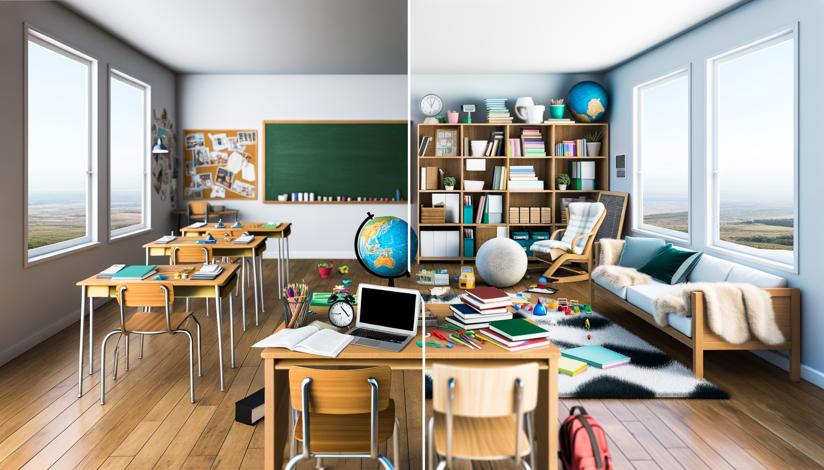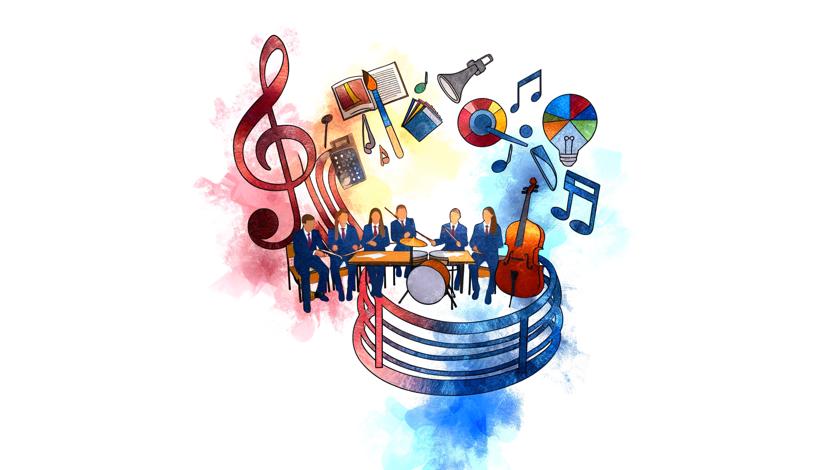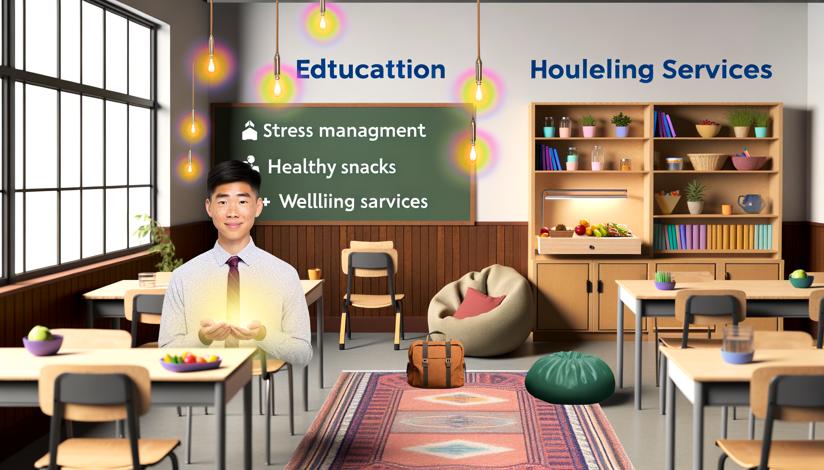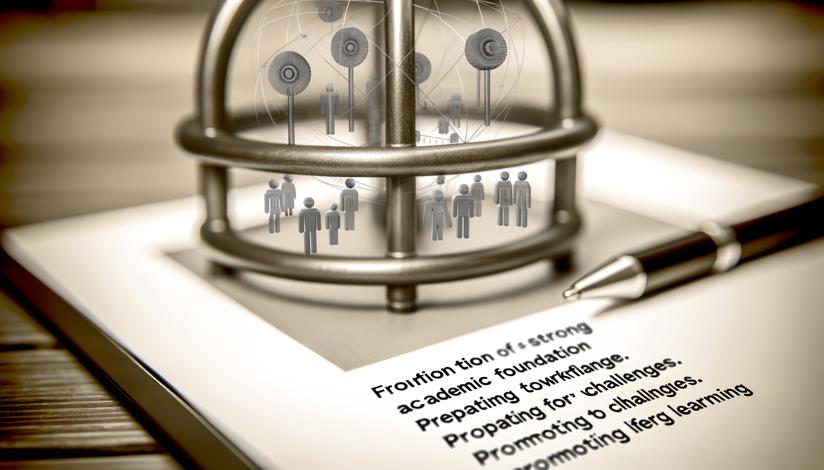

The traditional classroom setting in a K-12 school provides a structured and standardized learning environment. Students follow a set curriculum and attend classes with their peers. This can be beneficial for children who thrive in a routine and enjoy interacting with others. It also allows for direct interaction with teachers who are trained in their respective subjects.
On the other hand, homeschooling offers a more flexible and individualized learning experience. Parents can tailor the curriculum to their child's specific needs and interests. This personalized approach can result in a deeper understanding and retention of the material. Additionally, homeschooling allows for more one-on-one attention and the ability to work at the student's own pace.
When it comes to socialization, traditional K-12 schools provide ample opportunities for children to interact and develop social skills. Students have the chance to form friendships, participate in extracurricular activities, and learn how to navigate social dynamics. This can be important for developing communication and collaboration skills that are essential in the real world.
However, homeschooling does not necessarily mean isolation. There are various avenues for homeschooled children to socialize, such as joining homeschool co-ops, sports teams, and community groups. These activities provide opportunities for interaction with peers and the development of social skills. Additionally, homeschooling allows for more flexibility in terms of scheduling, which can enable families to engage in more community and social events.
In terms of the traditional classroom setting, K-12 education provides a structured and standardized learning environment that can be beneficial for children who thrive in a routine and enjoy interacting with others. However, homeschooling offers a more flexible and individualized learning experience that allows for personalized attention and the ability to work at the student's own pace. When it comes to socialization, traditional schools provide ample opportunities for children to interact and develop social skills, but homeschooling also offers avenues for socialization and flexibility in scheduling.
In conclusion, there is no definitive answer to which option is better as it ultimately depends on the individual needs and preferences of the child and family. Some children may thrive in a traditional classroom setting with structured learning and social opportunities, while others may benefit from the flexibility and individualized attention of homeschooling. It is important for parents to carefully consider their child's unique needs and strengths, as well as their own resources and abilities, when making the decision between K-12 education and homeschooling.
Note: This article is for informational purposes only and does not constitute professional advice. It is always recommended to consult with educators, professionals, and other parents before making educational decisions.

Structured learning environment
Individualized learning
Opportunities for socialization

Limited flexibility
Potential lack of one-on-one attention
Limited control over curriculum




















-
https://www.educationcorner.com/k-12-education-vs-homeschooling.html
-
https://www.psychologytoday.com/us/blog/freedom-learn/200808/homeschooling-socialization-one-researchers-findings

































